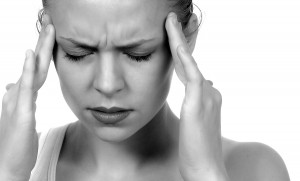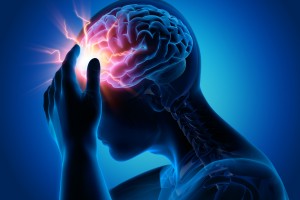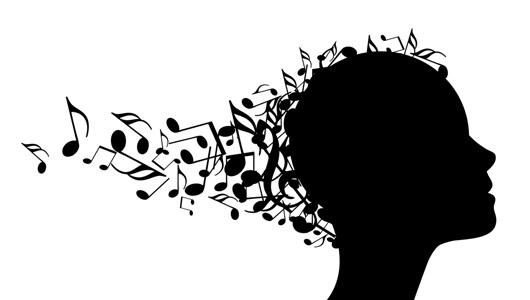My mom and I were just talking about the flu shot and whether or not it’s a good idea to get one or not. I always get my routine vaccinations, but i’ve only ever gotten a flu shot once in my life. I remember it very clearly because the day after I got it, I felt horrible. I had a fever, headache, achy muscles, and a sore throat. I had gotten a shot to prevent myself from getting the flu, so why did I feel so sick? It seems almost necessary to get a flu shot now that I am in college, but is it worth it if I might feel really sick afterwards? With our busy schedules it seems like there is never a right time to get this shot because we are risking getting sick as a side effect. I wanted to find if the null hypothesis is true: the flu vaccination does not work in preventing the flu or if the alternative hypothesis is true: the flu vaccination does work in preventing the flu.
The influenza vaccination has been around for several years so it obviously does more good than harm. The CDC had reported that over 200,000 hospitalizations and 36,000 deaths were caused by either type A or B influenza every year in the United States. This is substantial, making the flu vaccine seem almost necessary. However the complete effectiveness of the shot remains questionable. U.S. public health officials found in a group of studies between 2012 and 2013 that the effectiveness of the shot worked very slowly on patients. It is also much less effective in patients over 65 years old which is unfortunate because they are more likely to die from influenza than younger people. Since the shot has been around for several years, doctors and officials have been able to study the results from year to year on the effectiveness of the vaccination. They found that in 2004 and 2005 that the shot failed to work 90% of the time. Luckily the effectiveness has grown since then. It was publicly announced in January 2016 by the U.S. government officials that the flu shots are 50-60% effective when trying to prevent people from getting the influenza virus. The following graph shows the rates of vaccination in the U.S. each year.
Altogether, it has been found that the vaccination benefits society’s health when the shot matches the flu virus that is circulating in the population. Children who got vaccinated in a 2014 study were less likely to go to an intensive care unit related to the flu by 74% from 2010-2012. Children can easily contract the flu so being able to provide a vaccination to help prevent it is important. The following article from the CDC gives reasons why one should get the flu vaccination and this table shows how effective the shot has been from 2005-2016.
A large randomized clinical trial started in December 2010 sought to find the effectiveness of the flu vaccination in children. The trial took place in several different tropical and subtropical countries with 5,220 children all ranging from 3-8 years of age. This was a randomized control experiment in which children were divided evenly into groups to either get the FluLaval Quadrivalent or a hepatitis A vaccination. The hepatitis A vaccination group acted as a control placebo group. The experiment was definitely a single-blind study because the patients did not know which vaccine they would get, but it is unknown if the doctors knew what they were giving. This study lasted until October 2011 in which the observation lasted 6 months. In conclusion they found that in the flu vaccination group, 563 children had an illness like the flu, and the control group had 657 children who had a flu like illnesses. Once the study was reviewed more thoroughly, the experimental group contained 58 children with the flu and 128 children with the flu in the control group. This showed that the influenza vaccination did prove to work on the children. They concluded that the four-strain flu vaccine was about 55% effective in protecting children 3-8 years of age. They accepted the alternative hypothesis in which they were either correct or had a false positive. This trial did not suffer from the file-drawer problem because it was published for the public to read and for others to criticize.
In conclusion with the information I found, the benefits of getting a flu vaccination this season outweigh the negatives. The CDC recommends that everyone should get the vaccine once a year in order to prevent the nasty flu. The side effects predicted for this winter include soreness of the injection spot for a small amount of time, nausea, aches in muscles, fever, and headaches. While I really do not want to have any of these side effects, I REALLY do not want to get the flu here while i’m trudging through snow in the winter. The complete effectiveness of the vaccination continues to remain questionable but it still will not harm you.
http://www.cdc.gov/flu/about/qa/vaccineeffect.htm
http://www.nvic.org/nvic-vaccine-news/april-2016/cdc-admits-flu-shots-fail-half-the-time.aspx
http://www.medicaldaily.com/flu-shot-side-effects-2016-potential-reactions-influenza-vaccine-399104
https://www.graphiq.com/vlp/lc0KToAf1rf
http://www.cidrap.umn.edu/news-perspective/2013/12/large-trial-finds-55-efficacy-4-strain-flu-vaccine-kids















